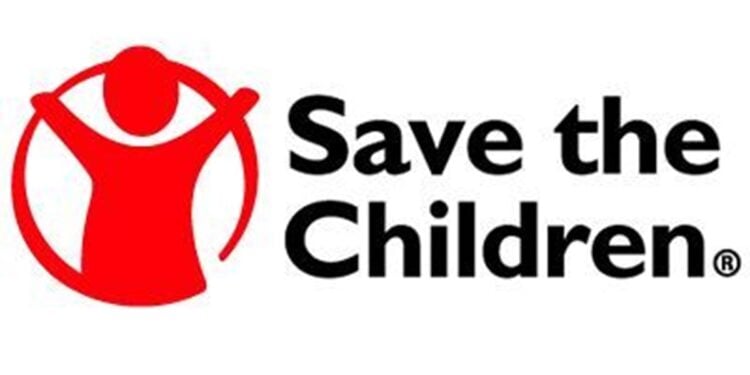In a bold move to combat Nigeria’s persistently low childhood immunisation coverage, Save the Children International, in partnership with GlaxoSmithKline (GSK), has launched a call for grassroots-led innovations aimed at improving vaccine uptake among children, especially those who have never received a single dose.
Speaking at a high-level engagement session in Abuja, Director of Programme Operations for Save the Children in Nigeria, Joshua Anar, said the initiative seeks scalable, locally developed solutions that can bridge the gap for the country’s estimated 2.1 million zero-dose children.
“We are calling on community-based organisations, educational institutions, NGOs, and innovators across the country to present ideas that can address the challenges on both the demand and supply side of vaccination. These must be rooted in local experience and capable of replication in other settings if found effective,” Anar stated.
Nigeria continues to rank among the countries with the highest number of unvaccinated and under-immunised children globally.
According to Anar, despite government and development partners’ efforts, vaccine hesitancy, lack of access, misinformation, and weak health systems continue to leave millions of children vulnerable to preventable diseases.
To tackle this, Save the Children and GSK are offering a $100,000 innovation grant to support groundbreaking community ideas that demonstrate potential to increase immunisation coverage sustainably.
“Innovative interventions tailored to community needs are vital. We’re not just looking for theory. We want practical, tested ideas from the field—what has worked in your area, what can be improved and adapted,” Anar said.
He explained that the BOOST project, currently being implemented in Lagos and Kano states, exemplifies the type of partnership the organisation seeks to scale. It involves collaboration with state and local governments and community structures to identify and respond to the causes of zero-dose prevalence at the local level.
Anar emphasised that real progress would require multisectoral collaboration, saying, “We can only reduce the number of zero-dose children by working hand-in-hand with governments, traditional leaders, women, and frontline health workers. No one can do it alone.”
He added that the ultimate goal is to ensure that no child in Nigeria dies from a preventable disease before their fifth birthday.
Surprisingly, even urban centres like Lagos are not exempt from the crisis. Anar revealed that several local government areas in urban states also record high numbers of unvaccinated children, highlighting that geographic location alone does not explain the gaps.
“Whether rural or urban, the barriers often stem from issues like misinformation, cultural beliefs, healthcare worker shortages, or broken delivery systems. That’s why we’re looking for context-specific solutions,” he said.
A pediatric nurse and CEO of MATCH Healthcare Initiative, Lawal Aiyedun Olubunmi welcomed the innovation push, describing Nigeria’s child mortality rate as “worrisome and unacceptable.”
“It’s not just data. These are our children, our future. Losing them to diseases that vaccines can prevent is heartbreaking. I am optimistic that this initiative will open doors for grassroots organisations like mine to develop sustainable, locally driven responses,” she said.
Aiyedun also called for stronger government support for healthcare workers, especially those in rural and hard-to-reach areas, and highlighted the need for African-led vaccine manufacturing.
The Save the Children–GSK partnership is long-standing and has delivered previous projects such as the Inspiring Project. The current BOOST initiative runs through 2026, with more projects expected to follow.



